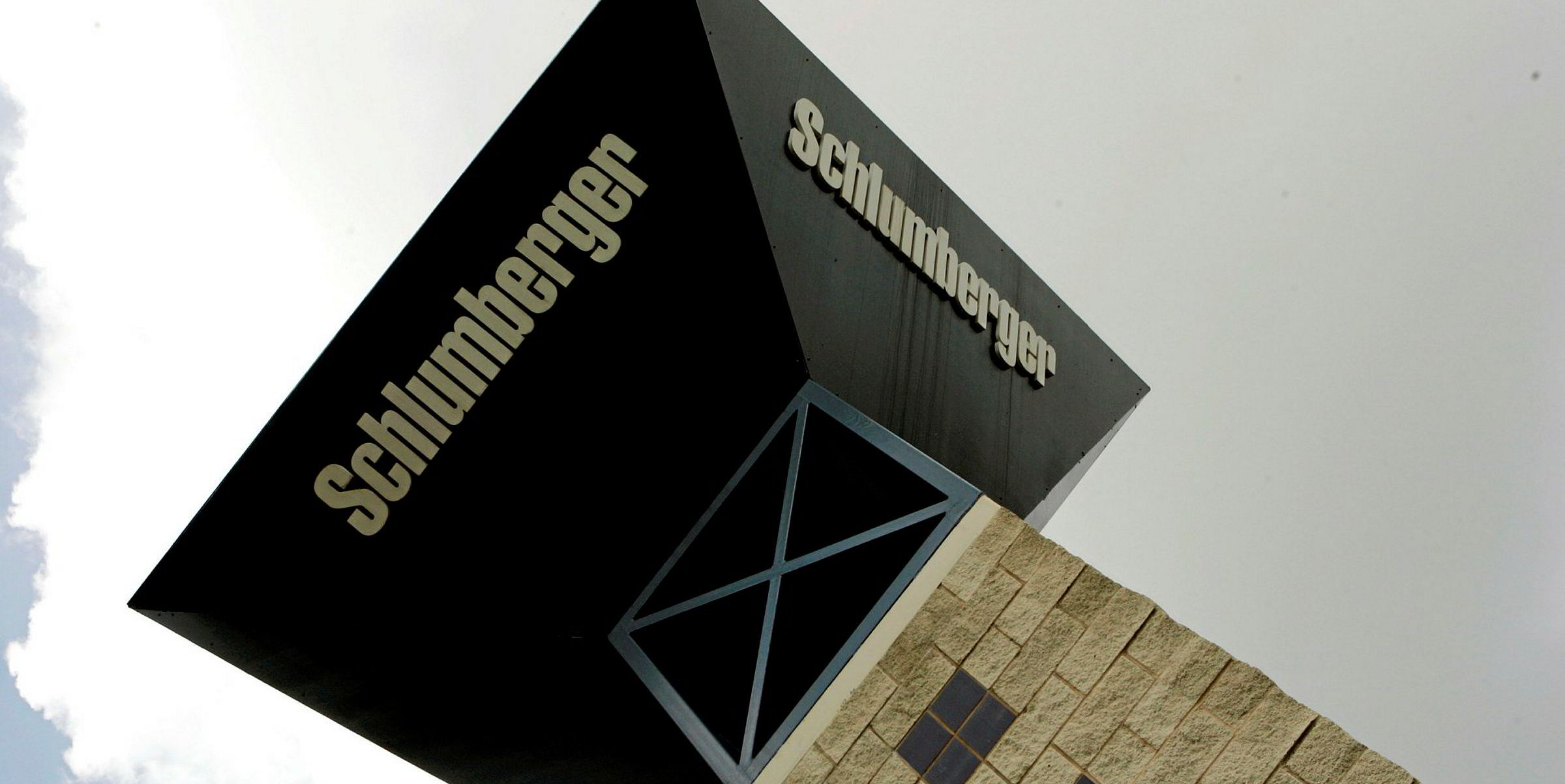OPINION: There is nothing new about Olivier Le Peuch himself - he is a Schlumberger journeyman who started at the bottom and went to the top.
But the recently installed chief executive of the world’s largest oil services company plans to put a fresh coat of paint on a fraying brand.
The Frenchman, making his first real policy speech since taking over the top job two months ago, promised significant change.
He needs to. His predecessor, Paal Kibsgaard, presided over a near 70% fall in the share price over the last five years.
Schlumberger has been slumbering amid a fall in the oil price and difficult markets, and Le Peuch knows his shareholders and staff need a major injection of hope.
Some of his plans were straight out of the new CEO handbook, some were lightweight rhetoric, but some were genuinely interesting.
It was no surprise to hear there will be a significant write-down of asset values.
Equally, the promise to halt Schlumberger's taking of equity stakes in upstream assets is an obvious move.
This did not bring the windfalls Kibsgaard was expecting, not least because of the fall in crude values.
But it also brought political problems that Schlumberger could have done without. It led to accusations of being compromised between being a service company and an asset holder.
Le Peuch's commitment to exit unprofitable businesses to concentrate on profit and not revenues is also predictable – along with a more general promise to be focused.
There is no doubt Kibsgaard had allowed the company to expand and diversify widely – if not wildly – and this is a good time to rein back.
The decision to spend $430 million of cash to buy a pressure pumping and fracking business from Weatherford 18 months ago had brought particular criticism from shareholders because the previously booming North American onshore shale market continued to stutter.
The more interesting side of Le Peuch’s policy statement at the Barclays CEO Energy-Power Conference, in New York, were his comments on “localisation” and “digitalisation”.
The Schlumberger boss has rightly picked up on the fragmentation of the international oil and gas world.
This is partly a result of the wider acceptance that the world must decarbonise to beat global warming.
And partly it is a result of the rise of populism that is breaking the past political and economic consensus around globalisation.
As Le Peuch said: “Today’s geopolitical uncertainties and trade conflicts will only amplify this trend, moving from a global market toward a more localised supply and demand dynamic.”
Schlumberger is determined to take advantage of, rather than be threatened by, this changing landscape by setting up “fit-for-basin” local businesses. This will include using its expertise to help countries decarbonise through efficiency gains.
Most importantly, Le Peuch is promising to be a standard bearer for digitalisation in the oil and gas sector.
He claims that existing products (such as DELFI and OneDrill) are just the start of a major drive to double returns from this side of the business using cooperation and open platforms where possible to enhance industry performance.
Le Peuch has made a good start. He may have been with Schlumberger for 32 years but he has brought with him an air of innovation and optimism.
Now all he has to do is deliver on it.
(This is an Upstream opinion article.)
